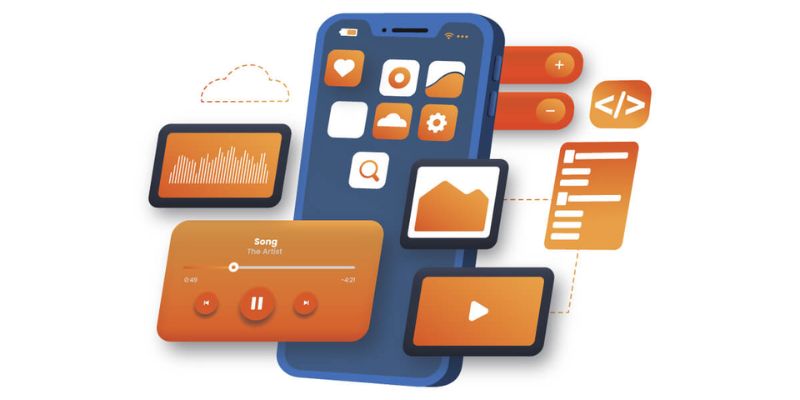Creating an exceptional user experience (UI/UX) is paramount for success in the competitive landscape of mobile app development. Android apps, being a dominant force in the mobile market, face intense scrutiny from users who demand intuitive interfaces and seamless interactions. User testing emerges as a crucial step in the app development process, offering developers invaluable insights into user behaviors, preferences, and pain points. In this blog post, we’ll delve into the Why is User Testing Important for Android App UI/UX, exploring how it can lead to better-designed apps and ultimately, happier users. Are you looking to advance your career in Android? Get started today with the Android Training in Chennai from FITA Academy!
Importances for Android App UI/UX
1. Understanding User Behavior
User testing provides developers with firsthand insights into how users interact with their Android apps. By observing real users navigate through the app, developers can gain a deeper understanding of user behaviors, preferences, and usage patterns. This knowledge is invaluable for designing user-centric experiences that resonate with the target audience.
2. Identifying Pain Points
Through user testing, developers can uncover usability issues and pain points within their Android apps. Whether it’s confusing navigation, unintuitive controls, or slow performance, identifying these issues early on allows developers to address them before they impact user satisfaction and app success.
3. Validating Design Decisions
User testing serves as a litmus test for design decisions made during the app development process. By soliciting feedback from real users, developers can validate their design choices and ensure that the app’s UI/UX aligns with user expectations and preferences.
4. Enhancing User Satisfaction
The goal of user testing is to create a more satisfying and enjoyable user experience. By incorporating user feedback and iterating on design improvements, developers can enhance user satisfaction and increase the likelihood of positive app interactions.
5. Boosting App Retention and Engagement
Apps with intuitive and user-friendly interfaces are more likely to retain users and encourage repeat usage. User testing helps developers identify features and design elements that drive user engagement, ultimately leading to higher retention rates and increased app success. Learn all the Android techniques and become an Android developer. Enroll in our Android Online Training.
6. Mitigating Risk of Negative Reviews
Negative reviews can have a detrimental reflecting on an app’s reputation and download metrics. By conducting thorough user testing, developers can proactively address usability issues and minimize the risk of negative feedback from users.
7. Gaining Competitive Advantage
In a crowded app marketplace, delivering an exceptional user experience can set your Android app apart from the competition. User testing allows developers to fine-tune their app’s UI/UX based on user feedback, giving them a competitive edge in the market.
8. Iterative Improvement Process
User testing is not a one-time web activity but rather an ongoing process of iterative improvement. By continuously gathering user feedback and iterating on design enhancements, developers can ensure that their Android app evolves to meets the changing needs and expectations of users.
9. Tools and Methods for User Testing
There are various tools and methods available for conducting user testing, ranging from in-person usability testing to remote testing using specialized software. Developers can choose the approach that best suits their needs and budget, ensuring that they gather actionable insights to inform their design decisions.
User testing is an indispensable component of Android app development, offering developers a window into the minds of their users. By understanding user behaviors, identifying pain points, and validating design decisions, developers can create more satisfying and engaging user experiences. Investing in user testing not only enhances app satisfaction and retention but also mitigates the risk of negative reviews and provides a competitive advantage in the crowded app marketplace. Ultimately, user testing empowers developers to create Android apps that delight users and drive success in the ever-evolving world of mobile technology. Looking for a career as an Android developer? Enroll in this Advanced Training Institute in Chennai and learn about Android techniques and tools from experts.
Read more: Android Interview Questions and Answers

